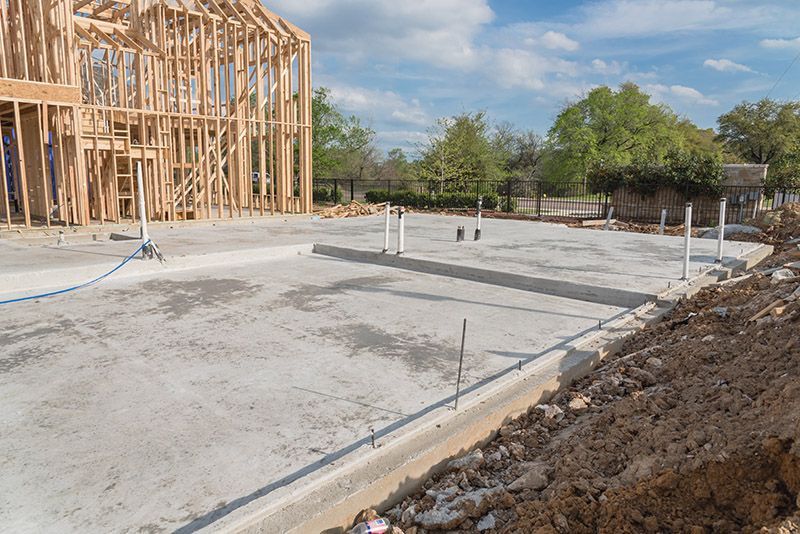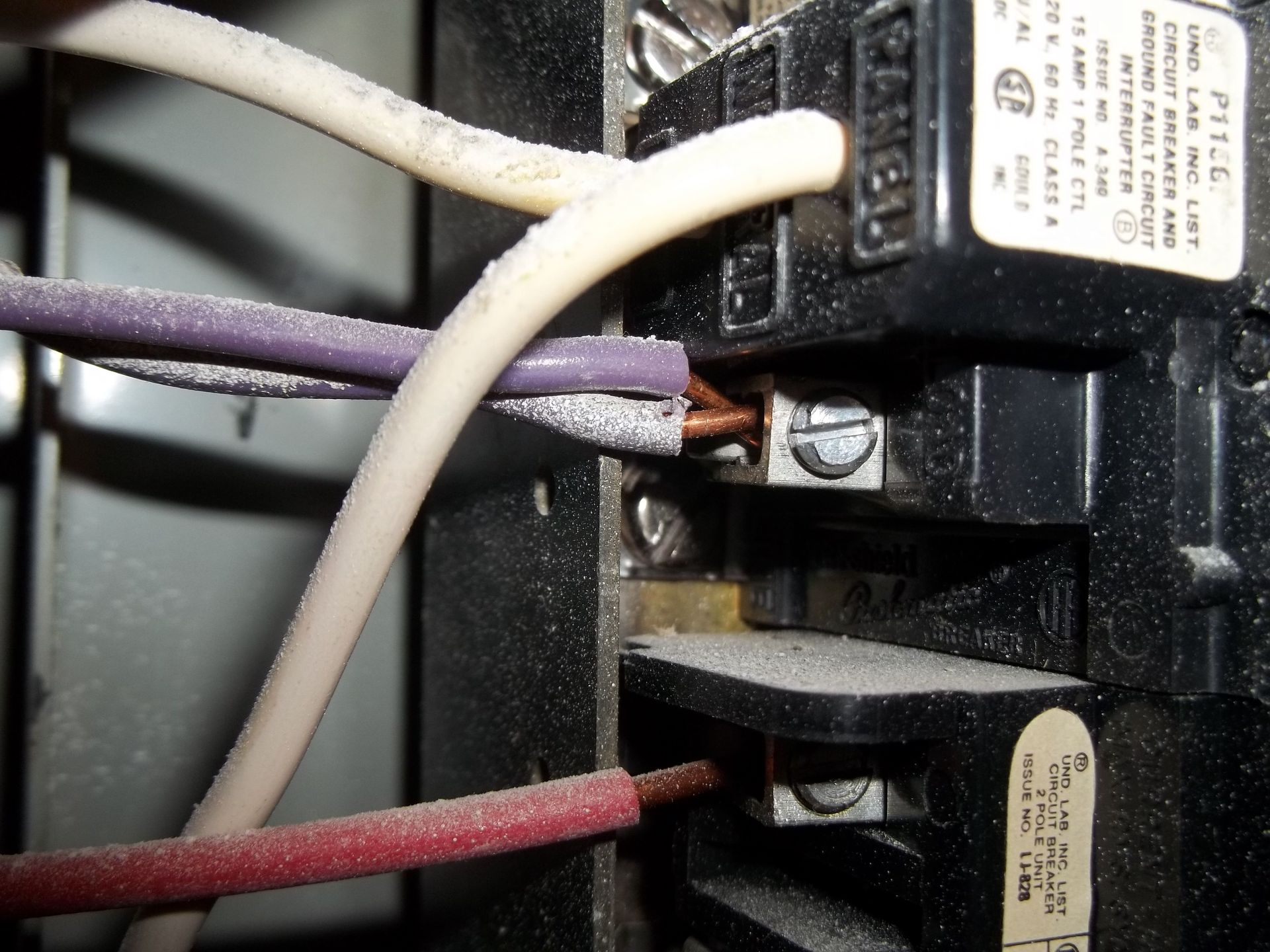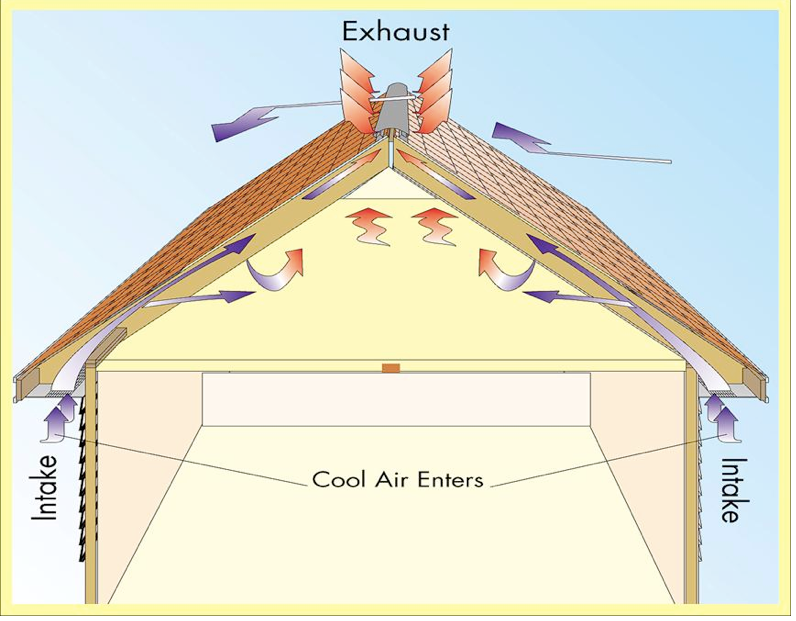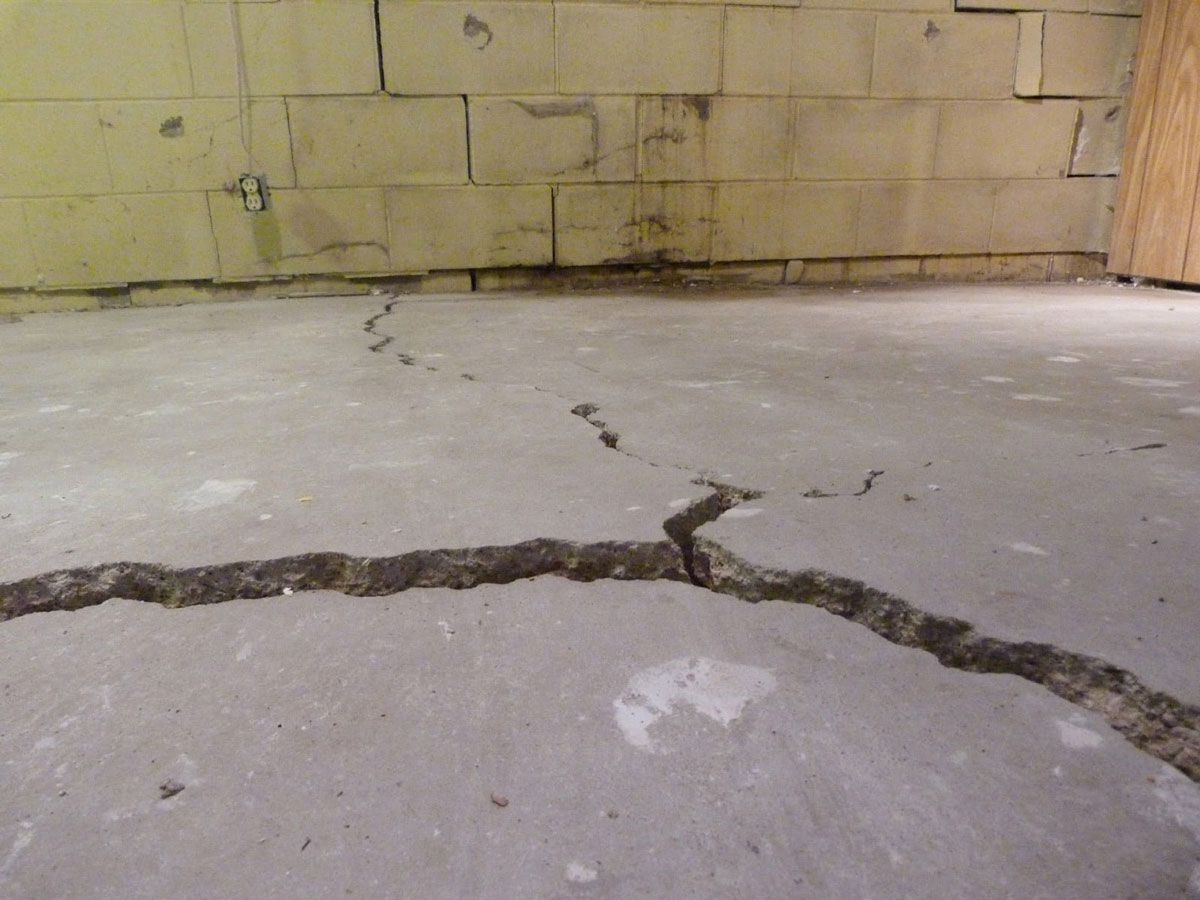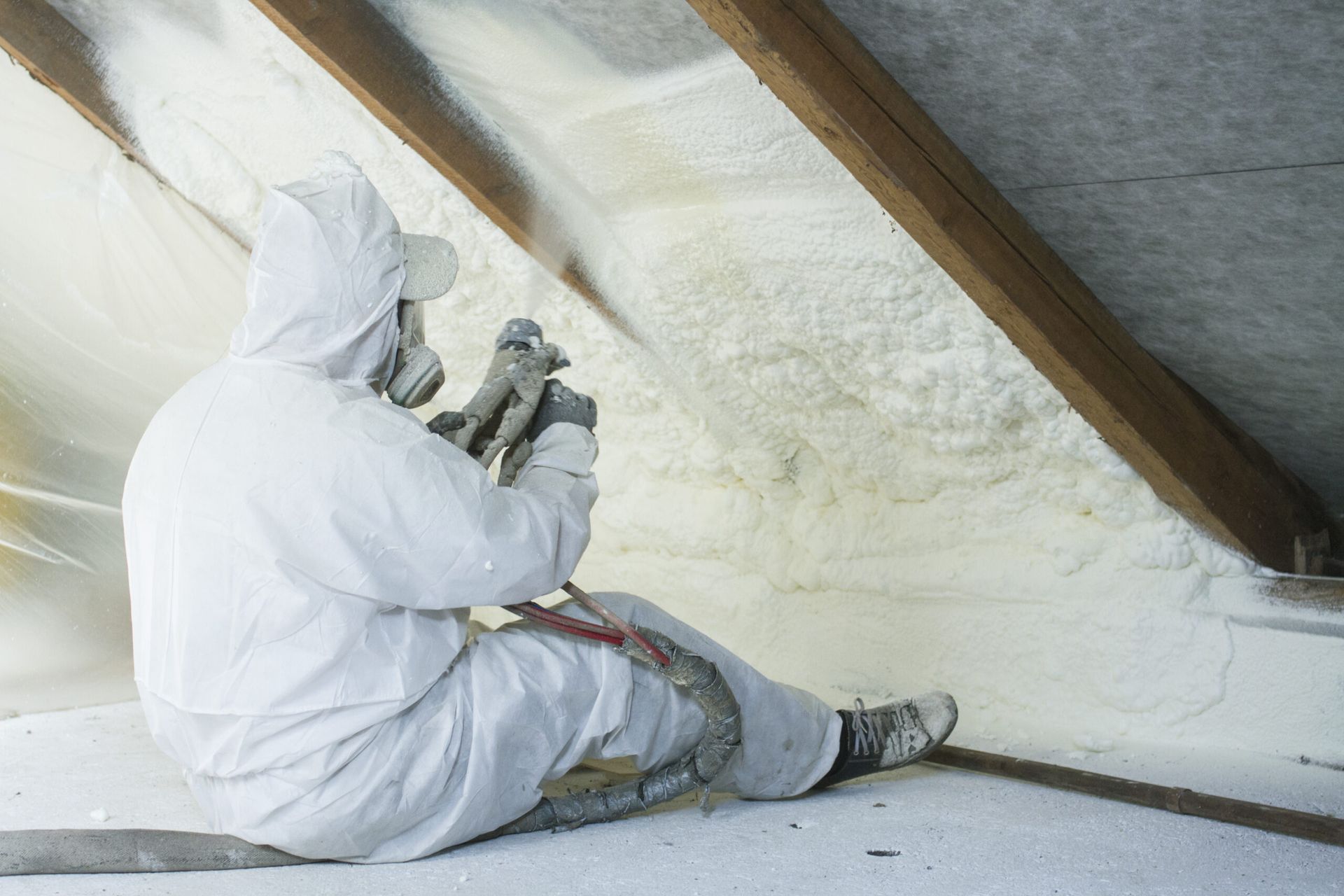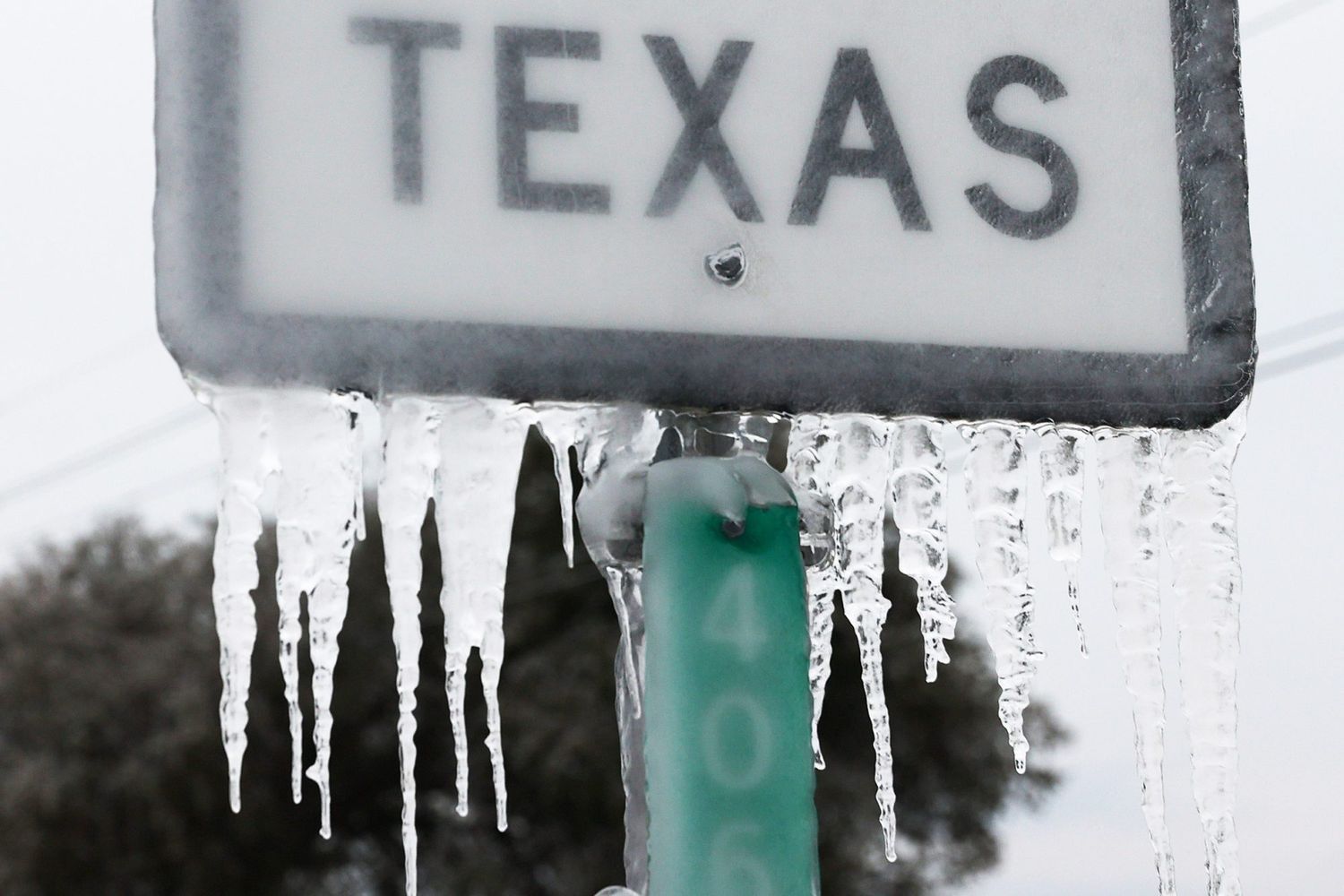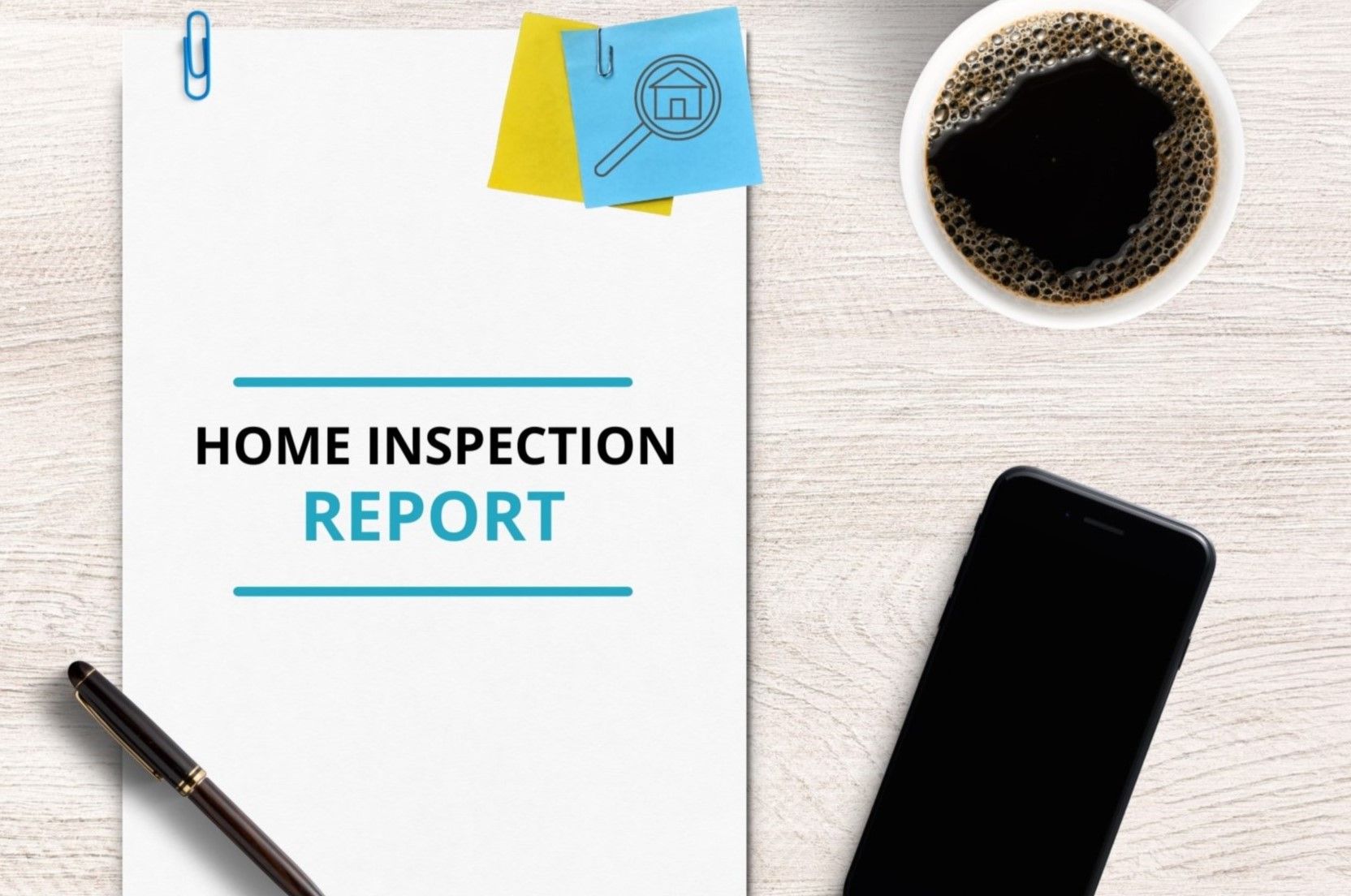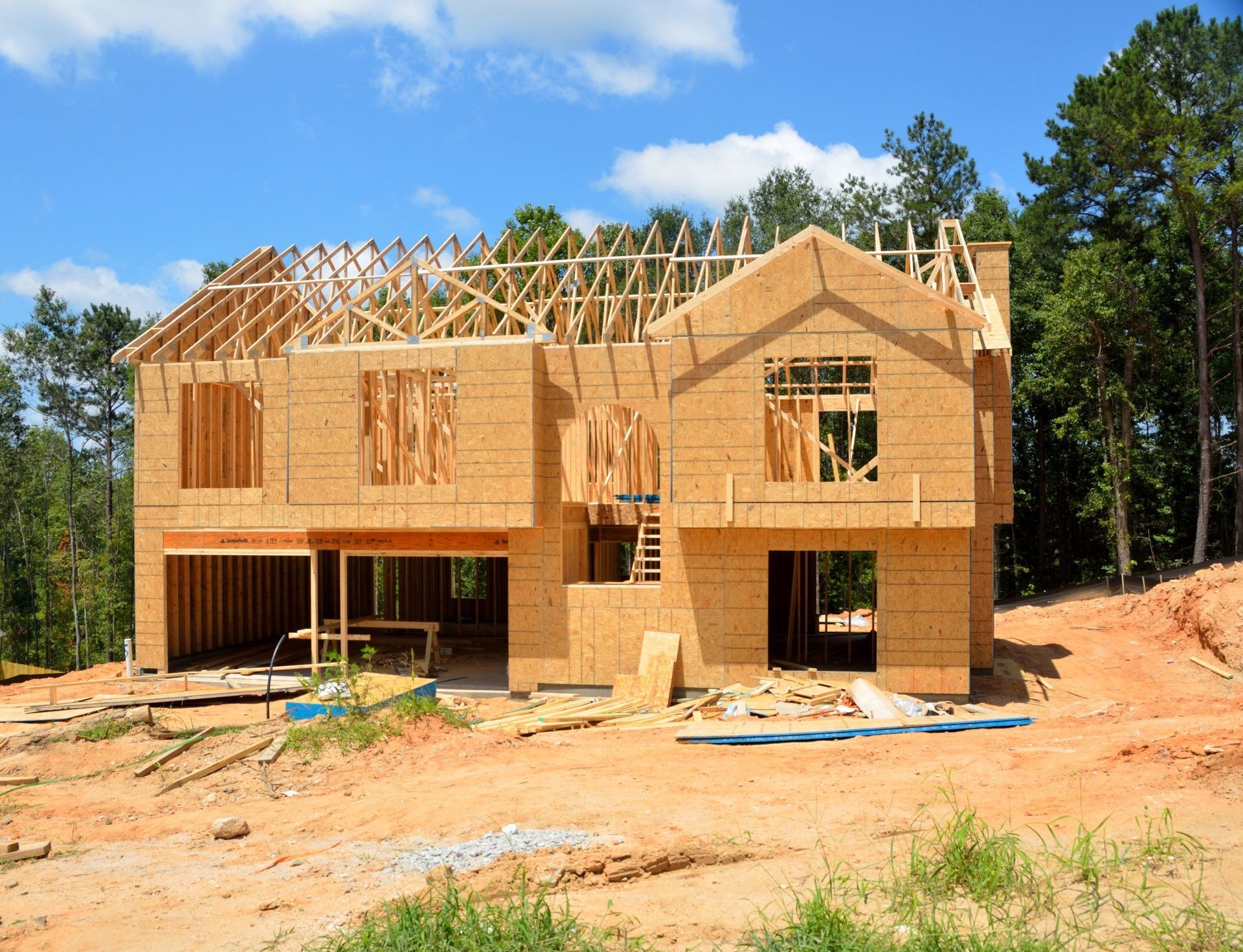Ross Nussle
June 26, 2025
Key Factors to Consider for a Thorough and Reliable Inspection
Buying a home is one of the most significant investments you'll make, and a professional home inspection is a critical step in ensuring you’re making a sound decision. A qualified home inspector can identify potential issues, from structural problems to hidden defects, saving you from costly repairs down the line. But not all home inspectors are created equal. Here’s a guide to help you choose the best home inspector for your needs.
1. Verify Credentials and Certifications
A reputable home inspector should have proper training and certifications from recognized organizations, such as the International Association of Certified Home Inspectors (InterNACHI). These certifications ensure the inspector has met industry standards for education and experience. Ask for proof of certification and check if they’re in good standing with their professional association.
2. Check Experience and Specialization
Experience matters in home inspections. An inspector with years of hands-on experience is more likely to spot issues that a novice might overlook. Ask how many inspections they’ve performed and whether they have expertise in the type of property you’re buying, such as historic homes, condos, or new constructions. Some inspectors may also specialize in areas like water testing, radon testing, or sewer scope inspections, which can be valuable depending on your property’s needs.
3. Ask for Sample Reports
A good home inspector provides a detailed, easy-to-understand report that outlines their findings. Ask to see a sample report to gauge its thoroughness and clarity. Look for reports that include photos, clear descriptions of issues, and recommendations for repairs. Avoid inspectors who provide vague or overly brief reports, as these may not give you a complete picture of the home’s condition.
4. Confirm Insurance and Licensing
In Texas, home inspectors are required to be licensed. Verify that the inspector holds a valid license with TREC, and check if they carry errors and omissions (E&O) insurance. This type of insurance protects you in case the inspector misses a significant issue.
5. Read Reviews and Seek Referrals
Word-of-mouth recommendations from friends, family, or your real estate agent can point you toward reliable inspectors. Additionally, check online reviews on platforms like Google, or Yelp to see what past clients say about their experiences. Look for consistent feedback about professionalism, thoroughness, and communication.
6. Understand the Scope of the Inspection
Not all home inspections cover the same areas. Clarify what the inspector will examine, such as the roof, foundation, plumbing, electrical systems, and HVAC. Ask if they use specialized tools like thermal imaging cameras or moisture meters for a more comprehensive assessment. Be aware of what’s excluded, such as septic systems or pools, and ask if they service these areas too. (SFR Inspections does!)
7. Assess Communication and Professionalism
A great home inspector doesn’t just identify problems—they explain them clearly and answer your questions. During your initial contact, evaluate how responsive and approachable they are. A good inspector will take the time to walk you through their findings during or after the inspection, ensuring you understand the home’s condition and any potential concerns.
8. Compare Costs, But Don’t Skimp
Home inspection costs typically range from $400 to $750+, depending on the property’s size, location, and the inspection’s scope. While it’s tempting to go with the cheapest option, a low-cost inspector may cut corners or lack experience. Focus on value rather than price alone—investing in a thorough inspection can save you thousands in unexpected repairs.
9. Attend the Inspection
Whenever possible, attend the home inspection. This allows you to see the property through the inspector’s eyes, ask questions, and gain a better understanding of any issues. A good inspector will encourage your presence and use the opportunity to educate you about the home’s systems and maintenance needs.
10. Trust Your Instincts
Finally, trust your gut when choosing an inspector. If something feels off—whether it’s a lack of transparency, rushed communication, or unprofessional behavior—consider looking elsewhere. You want someone you feel confident in, as their findings will play a big role in your home-buying decision.
Choosing the right home inspector requires careful research, but the effort is worth it to protect your investment. By focusing on credentials, experience, communication, and thoroughness, you’ll find an inspector who can provide peace of mind and help you make an informed decision about your future home. Call SFR Inspections or visit us online at sfrinspections.com today to schedule your home inspection!

